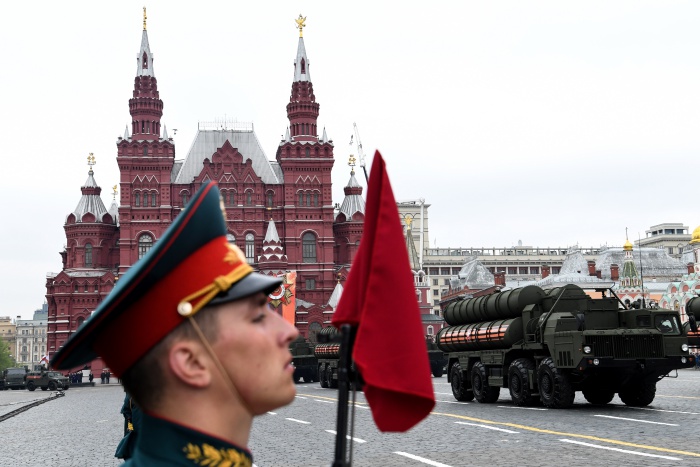Turkey’s acquisition of the Russian S-400 air defense system will have grave consequences for the United States’ defense relationship with Turkey, Pentagon Spokesman Eric Pahon told the Ahval news website in a written statement on Monday.
The US government objects to the purchase on several grounds, with defense interoperability issues topping the agenda.
US officials and analysts also argue the Russian air defense system along with Russian officials who are almost certain to be stationed in Ankara would pose a significant risk to the new generation F-35s fighter jets set to be purchased by Turkey.
In a report to Congress in late November, the Pentagon said Turkey’s purchase of the Russian S-400 missile system could result in Ankara’s exclusion from the program to build and operate F-35 fighter jets as well as affect its acquisition of other military hardware including the Boeing Co.’s CH-47F Chinook helicopter and Lockheed’s F-16 fighter and UH-60 Black Hawk helicopter.
Pahon said Washington understands Turkey’s desire to improve its air defense but that “Turkey’s acquisition of the Russian S-400 air defense system will have grave consequences for the U.S. defense relationship with Turkey.”
Pahon in his statement said the US is “working to help Turkey find better solutions to address its defense needs while also warning of the broader implications of purchasing Russian S-400s.”
US President Donald Trump on Feb. 15 signed a spending bill that blocks the transfer of the country’s F-35 new generation fighter jets to Turkey pending receipt of a Pentagon report on the S-400 purchase due in November 2019.
It is unknown yet whether this ban will include two F-35s already handed over to the Turkish government. Both jets remain in the United States, where Turkish pilots are receiving training.
Pahon said the United States and Turkey have an open dialogue on this issue, adding that Washington had “emphasized the importance of maintaining NATO interoperability on any major defense systems procurements.”
